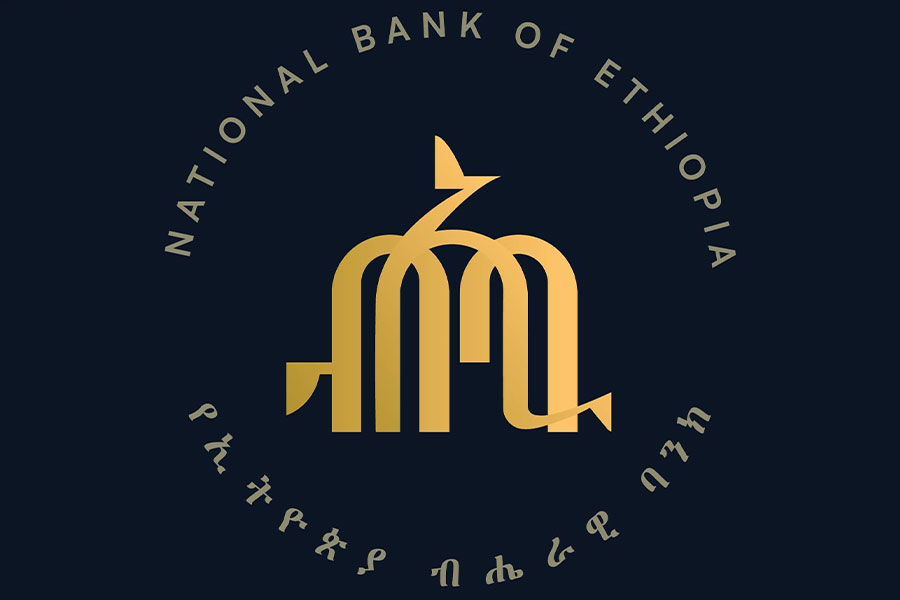Once again, Acıbadem Türkiye has made history with extraordinary medical breakthroughs and pioneering treatment methods. This remarkable year has seen milestones such as the successful treatment of a 67-year-old Parkinson’s patient and the completion of a highly complex separation surgery for conjoined twins joined at the chest. These and countless other achievements have solidified Acıbadem’s reputation as the trusted choice for solving some of the world’s most challenging medical cases.
Crowning this incredible year, Acıbadem Türkiye has been honored with the prestigious title of “Greatest Healthcare Exporter” for the 9th consecutive time, reaffirming its unparalleled leadership in global healthcare.
Crossing Borders, Connecting Patients Across the Globe
As one of the world’s leading international healthcare providers, Acıbadem continues to set the standard for excellence with 24 hospitals, 15 outpatient clinics, and a dedicated team of over 25,000 healthcare professionals. With a strong presence in Türkiye, Bulgaria, North Macedonia, Serbia, and the Netherlands, Acıbadem’s state-of-the-art medical facilities are a beacon of hope for patients worldwide.
Beyond its regional footprint, Acıbadem operates over 60 representative offices across 56 cities in 33 countries, ensuring patients everywhere can access world-class healthcare closer to home. This expansive network underscores Acıbadem’s mission to connect with patients globally and extend its outreach even further.
Acıbadem is not just a provider, it is a pioneer in healthcare innovation. Supported by a team of over 3,300 specialists and 4,700 nurses, the organization leverages cutting-edge technology to deliver exceptional care. Acıbadem’s portfolio includes:
• 20 breast centers, including a newly opened facility this year in Istanbul.
• 11 accredited oncology centers.
• 16 heart care centers.
• 14 fertility centers.
• 10 organ transplantation centers.
• 10 spine and neurosurgery centers.
• 10 nuclear medicine centers.
• 6 robotic surgery centers.
• 3 FIFA-accredited sports medicine centers.
These centers are dedicated to providing the highest standards of care in their respective fields, solidifying Acıbadem’s reputation as a global leader in healthcare.
Innovations at Acıbadem Türkiye: Redefining Global Healthcare Excellence
Acıbadem Türkiye is celebrated worldwide for its groundbreaking medical achievements and unparalleled expertise in managing even the most complex medical cases. With a patient-centered approach and personalized treatment plans, Acıbadem has become a destination of hope for patients from across the globe. In 2023, the institution provided high-quality medical care to 55,000 patients from 148 countries, a testament to its reputation as a trusted choice for advanced healthcare. This unwavering trust has earned Acıbadem the prestigious title of “Greatest Healthcare Service Exporter” for an unprecedented 9th consecutive year.
While the dedication and expertise of Acıbadem’s world-class physicians remain at the heart of its success, cutting-edge technology plays an equally vital role. Acıbadem integrates advanced radiotherapy technologies, including CyberKnife, Gamma Knife, MR Linac, and Ethos, which leverage artificial intelligence to revolutionize cancer treatment. These technologies ensure unparalleled precision, safety, and efficacy, giving patients access to some of the most advanced medical solutions available today.
Acıbadem’s commitment to innovation extends far beyond current technologies. By continuously investing in research and advancements, the organization strives to set new benchmarks in patient safety, satisfaction, and surgical excellence, reaffirming its position as a global leader in healthcare innovation.
Some of the Groundbreaking Medical Achievements
In 2024, Acıbadem Türkiye welcomed 6 million patients from across the globe, each carrying stories of resilience and hope, ranging from plastic surgery to life-saving oncological treatmentsand organ transplantations. Among these were several remarkable cases that highlight Acıbadem’s expertise and commitment to transforming lives.
Separation of Conjoined Twins
At just 17 months old, conjoined twins from Algeria arrived at Acıbadem Atakent University Hospital in Istanbul for a life-changing separation surgery. Born with a congenital abnormality, the twins were joined at the chest and shared the pericardial sac, sternum, and chest tissues. Complicating matters further was a complex congenital heart condition.
The journey to separation involved months of meticulous planning and two surgeries totaling nine hours, performed by a multidisciplinary team of cardiovascular surgeons, plastic and reconstructive surgeons, and anesthesiologists. Thanks to extensive preoperative care, precision surgery, and thorough postoperative support, the twins now enjoy the freedom of independent lives.
Deep Brain Stimulation for Parkinson’s Disease
After 11 years of battling Parkinson’s disease, a 67-year-old patient from Azerbaijan turned to Acıbadem Türkiye for hope. Her condition caused debilitating symptoms such as tremors, slowed movements, and dyskinesia as the effects of her medication wore off.
Under the care of Professor Dr. Fatih Bayraklı, she underwent Deep Brain Stimulation (DBS), a procedure designed to restore control over her movements. Following the successful surgery, she returned to her home country free from the symptoms that had disrupted her life for over a decade.
IVF Success for a Patient from Azerbaijan
A woman from Azerbaijan in her 40s, seeking to overcome the challenges of advanced maternal age, approached Acıbadem Türkiye’s IVF center. Guided by Professor Dr. Cem Fıçıcıoğlu, the patient underwent comprehensive pre-treatment testing, including genetic screening of embryos to ensure the best outcomes.
Following the correction of an internal uterine deformity, the embryos were successfully implanted, and the patient achieved a healthy pregnancy. She returned to her country with the joy of carrying twins, marking yet another success story for Acıbadem’s IVF program.
These extraordinary cases underscore Acıbadem Türkiye’s position as a trusted destination for complex medical treatments. By combining cutting-edge technology, world-class expertise, and a compassionate approach, Acıbadem continues to transform lives and provide hope to patients worldwide.
Contact us now to get a free second medical opinion from our experts: https://acibademinternational.com





 Loading your updates...
Loading your updates...